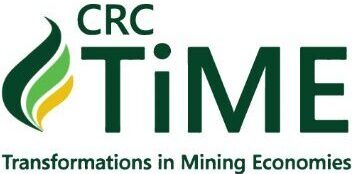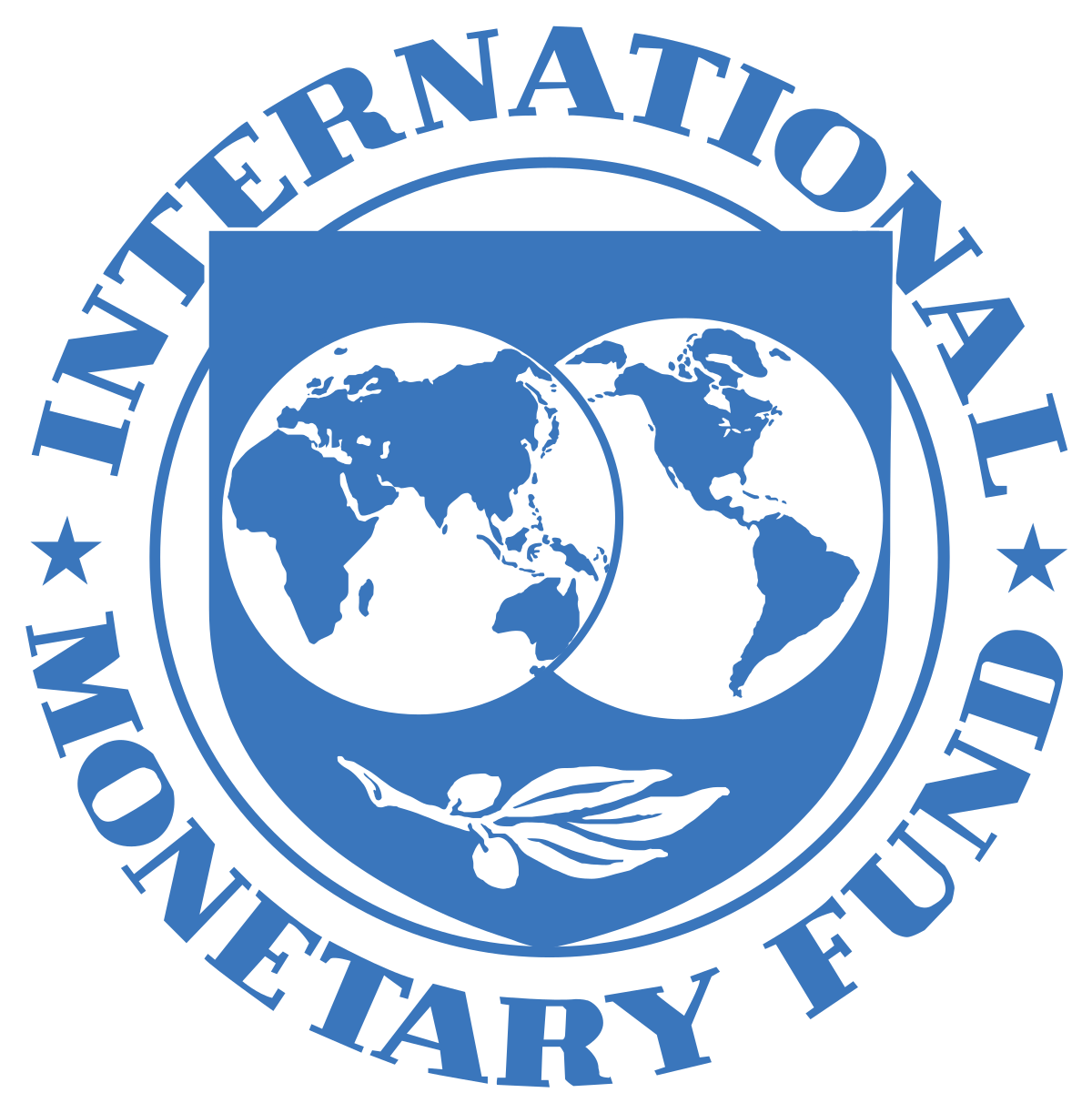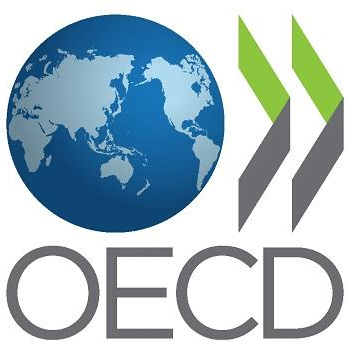Energy economics
Energy economics encompasses the economic aspects of all and any of energy sources and systems. It aims to quantify uncertainties in the minerals and energy sectors, and manage evolving risks and uncertainties.
Areas of focus
- Macro/micro economics of all and any energy sources
- Conventional energy sources (including oil, gas, coal, CSM/CBM, tight gas, hydro, solar, nuclear, wind, geothermal)
- Unconventional energy sources (including modular nuclear reactors, tidal, pumped hydro, battery storage)
- Economics of storage and distribution systems
- Fiscal regimes (including corporate income tax, royalties, import/export duties, tariffs and subsidies)
- Quantifying intangible uncertainties relating to minerals and energy issues
Impacts and outcomes
- Delivery of the Africa Awards programme awarded by DFAT to UQ, UWA and Curtin
- Provide advice to government bodies on optimal fiscal regimes for their resources and energy sectors
- Train international government personnel in supplying appropriate accruals to their countries’ Treasuries
- Represent and consult to the World Bank and IMF for specific economics training programmes
- Delivery of the Masters in Minerals and Energy Economics and the dual MBA/MSc (one of very few engineering offerings with an MBA)
Collaborations and partnerships

CRC TiME

Digital Finance CRC

Institute of Global Finance (IGF)

International Monetary Fund

Organisation for Economic Co-operation and Development (OECD)
